The healthcare industry has experienced a massive shift due to the COVID-19 public health emergency. How physicians treat patients and run their practices has transformed almost overnight. What has not changed is the need for doctors to grow their medical practice and for practices to adapt to keep up with new expectations.
The prevailing notion that healthcare is more important than other industries should not overshadow the fact that a healthy medical practice must operate like any other business to be successful. Here are ten healthy habits a practice can follow to help sustain a healthy level of care and revenue to grow a medical practice effectively.

#1: Hire Qualified Physicians
29% of medical malpractice lawsuits in 2021 resulted from complications from treatment. 16% were conducted due to failures to treat on time. Malpractice lawsuits obviously can limit growth and even cause painful financial setbacks. To grow a medical practice, having the right team members is critical. This is the classic “getting the right people on the bus” Jim Collins writes about. Start with ‘who,’ not where we are going or what we are doing, but instead, start with who is coming with us.
Practices can minimize their risk of treatment negligence by hiring the right, qualified physicians. Although some factors are out of their hands, practices that do everything possible to ensure their physicians are certified to treat patients can limit their exposure to malpractice claims. Additionally, hiring the physician that best ‘fits’ with the existing team culture of the practice is critical.
Success-minded practices should credential their hires through CVOs that specialize in that area. Experts can use their experience and accuracy to ensure that only the best-trained medical providers can care for the sick. Qualifying your physician hire for skill and cultural appropriateness will help maintain direction and ultimate mission fulfillment.
#2: Hire Qualified Office Staff
A medical practice is more than the doctors they hire. Unified healthcare staff members include valuable front-line and behind-the-scenes team members that can sway a practice’s fortunes one way or the other.
Patients might be more inclined to return to a particular practice if they are greeted by a smiling, friendly face when they check in. Staff knowledgeable in all aspects of billing and insurance can help keep a practice profitable. An experienced credentialing specialist can properly vet a physician. Sub-standard office staff can ruin a practice. Rude greeters can sour a patient’s appointment at the start, your team may incorrectly bill insurance carriers, and physicians with malpractice histories could slip through the hiring process.
All these elements can stunt a practice’s growth. Again, ‘who’ can be the first and perhaps more important factor to consider when hiring than ‘what’ that staff member will be doing. Proper hiring is a healthy habit when considering growing your medical practice.
#3: Diagnose as Soon as Possible
In a recent Medscape survey, 31% of physicians in malpractice lawsuits were sued because they allegedly failed to diagnose conditions promptly. According to Improving Diagnosis in Health Care, time is critical in the diagnostic process. Conditions like pulmonary embolisms can lead to patient harm and death if not diagnosed and treated early. Thorough and timely diagnostics can save lives and reduce malpractice claims that could devastate a practice’s finances. This is a critical healthy habit to grow a medical practice properly.
#4: Educate Patients
Poor documentation of patient instruction and education made up 4% of malpractice litigation reasons in 2021. Medical providers should inform their patients of their situations and courses of treatment. Providers should keep the lines of communication open and answer every question. To grow a medical practice effectively, patients should never be in the dark regarding their care.
#5: Administer the Correct Medications and Dosages
Accurately prescribing the correct medication is crucial for a patient’s well-being. A safe patient can speak highly of their physician, returns to the physician for future care, or both. Repeat patients are repeat customers.
#6: Get a Patient’s Informed Consent the Right Way
While only a small percentage of malpractice claims in 2021 resulted from physicians improperly obtaining their patients’ informed consent or not getting it at all, it is still a topic that practices should address.
The Collins Dictionary of Medicine defines informed consent as the agreement to a medical procedure by a patient who has been sufficiently told about what is planned and the possible side effects.
While this point also falls under educating patients, informed consent merits its spot because it is usually the last step before a patient agrees to undergo a surgical procedure. This critical juncture can influence malpractice claims should the process go wrong and the ability to effectively grow a medical practice.
#7: Follow Safety Rules
Industry risk and safety requirements exist to keep people safe, and the medical sector is no exception. Only 1% of 2021’s medical malpractice lawsuits stem from physicians failing to follow safety protocols. Even though this number is small, the payout could more than make up for its size. Following safety rules can protect physicians from litigation and patients from injuries.
#8: Train Frequently
Keeping up with standards of care, safety policies, and office administration can help a medical practice thrive. The saying that knowledge is power is often true. The well-informed staff is the one that can offer superior service. People can appreciate this and recommend a practice they like in the same way they can suggest a favorite restaurant.
Constant training can also decrease errors in the office and the examination room. These mistakes can be the foundations of malpractice lawsuits. Mitigating these mistakes can positively affect the ability to grow a medical practice. Training can especially be helpful in today’s world with the rise of telehealth and other emerging technologies that enable alternate treatment plans. Being proficient in these new methods can open a previously unavailable client base.
#9: Survey Patients
A practice may think they are doing all they can to succeed. Others may wonder what they are doing wrong. Patient surveys can be a powerful way for practices to gauge their performance and pinpoint areas they need to improve.
Surveys can be performed online, in person, or over the phone. Questionnaires should be short and to the point to avoid inconveniencing patients. Providers can refer to CMS HCAHPS for help and more information in creating a quality survey. Making positive adjustments to patient surveys will correlate with patient retention, which always helps to grow a medical practice.
#10: Have Proper Medical Malpractice Insurance
Medical malpractice lawsuits are virtually inevitable for physicians in any specialty. 51% of all doctors in 2021 were named in a medical malpractice lawsuit. Liability lawsuits consume time and resources, which has a noticeable negative effect when looking to grow a medical practice.
75% of physicians in low-risk and 99% in high-risk specialties will face medical malpractice claims during their careers. Being insured against these claims can be the thing that keeps a practice afloat during troubling economic times.
Healthcare providers can follow all the rules and do what they can to prevent medical malpractice, but litigation is occasionally out of their control. Malpractice insurance can help shield personal assets from damages. Finding an independent medical malpractice insurance provider can prove invaluable.
10 Healthy Habits For Growing A Practice Summary
It takes healthy habits to create revenue, retain and earn repeat clients, have happy teams, and project a good brand to grow a medical practice. Like any business, a medical practice can encounter success or failure, but having healthy habits and optimizing operations can help maximize profitability and create long-term success.
More information about Primoris Credentialing Network
Primoris Credentialing Network is an NCQA Credentialing Accredited specializing in credentialing and provider enrollment with 54+ health plan and network provider enrollment options. Primoris is a family member of Fifth Avenue Healthcare Services. Sister companies include 5ACVO (credentialing and primary source verification specialists) and Fifth Avenue Agency (MPLI and medical malpractice specialists).
Primoris Credentialing Network originally published this article here. For more information on Primoris Credentialing Network, please visit PrimorisCredentialingNetwork.com or Contact Us.
















